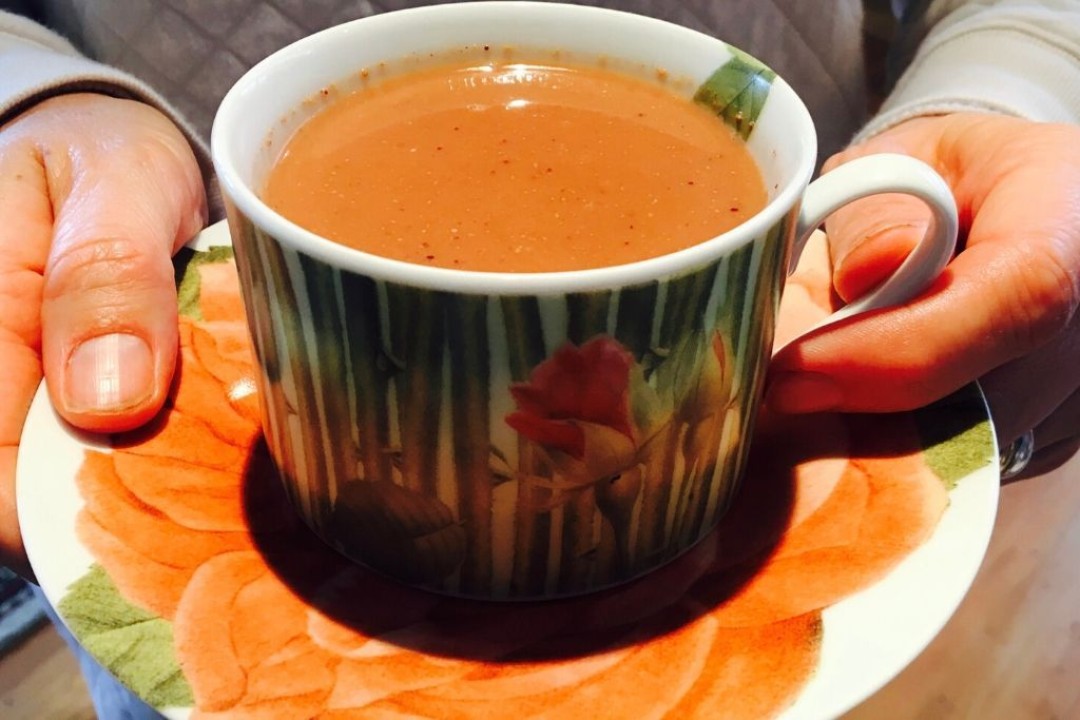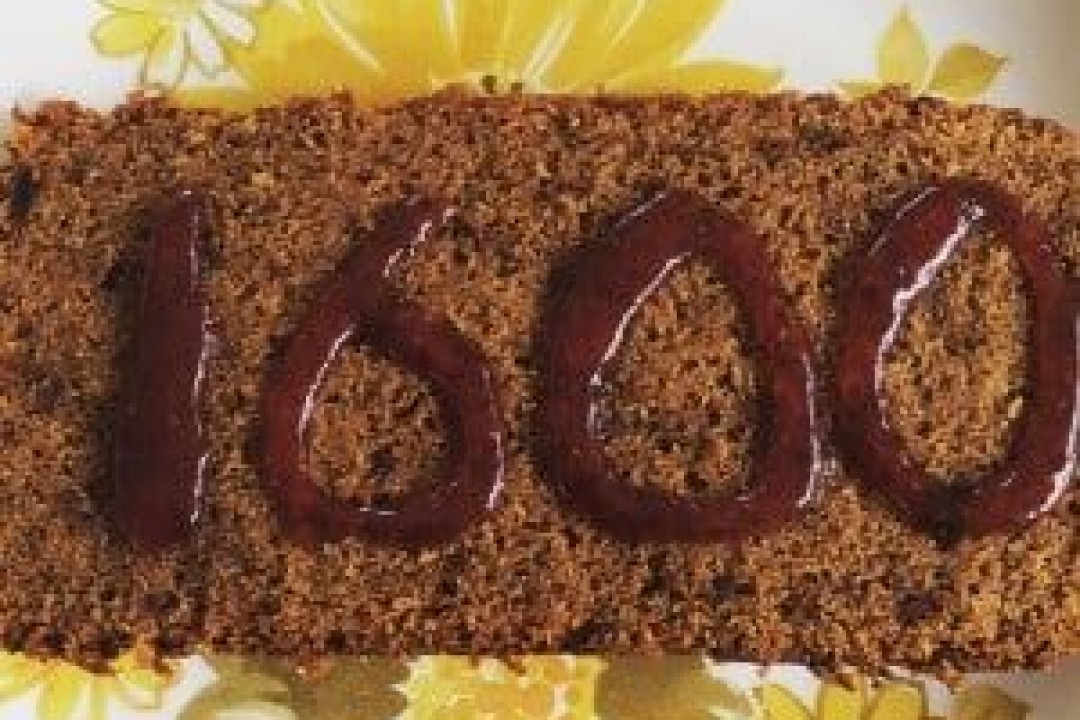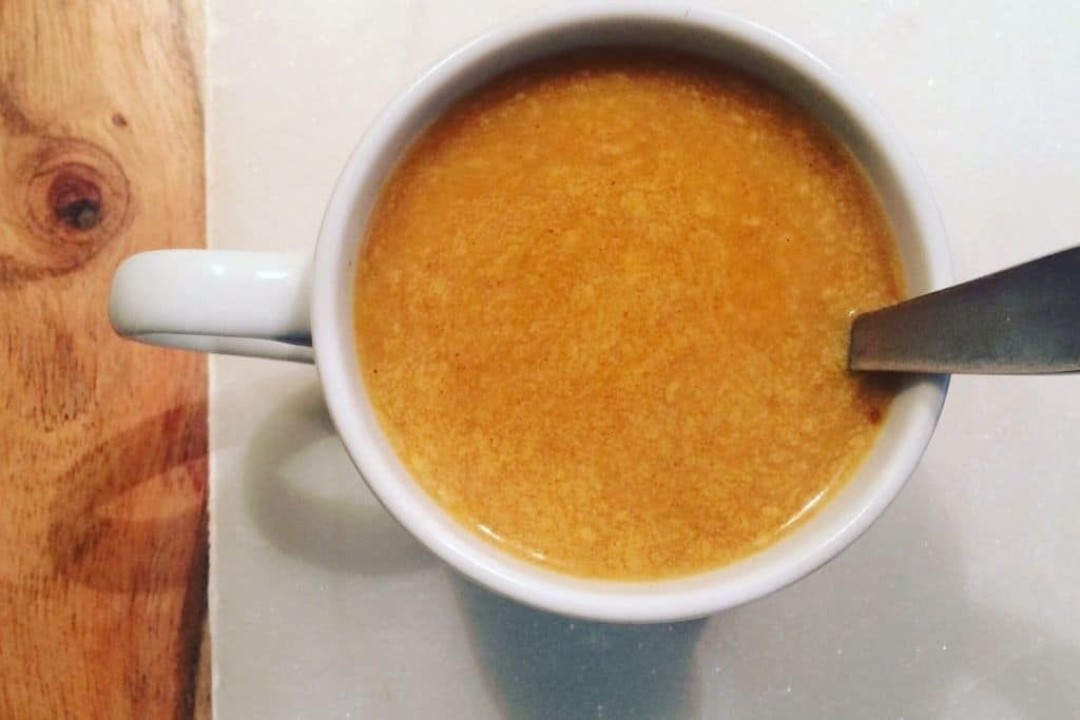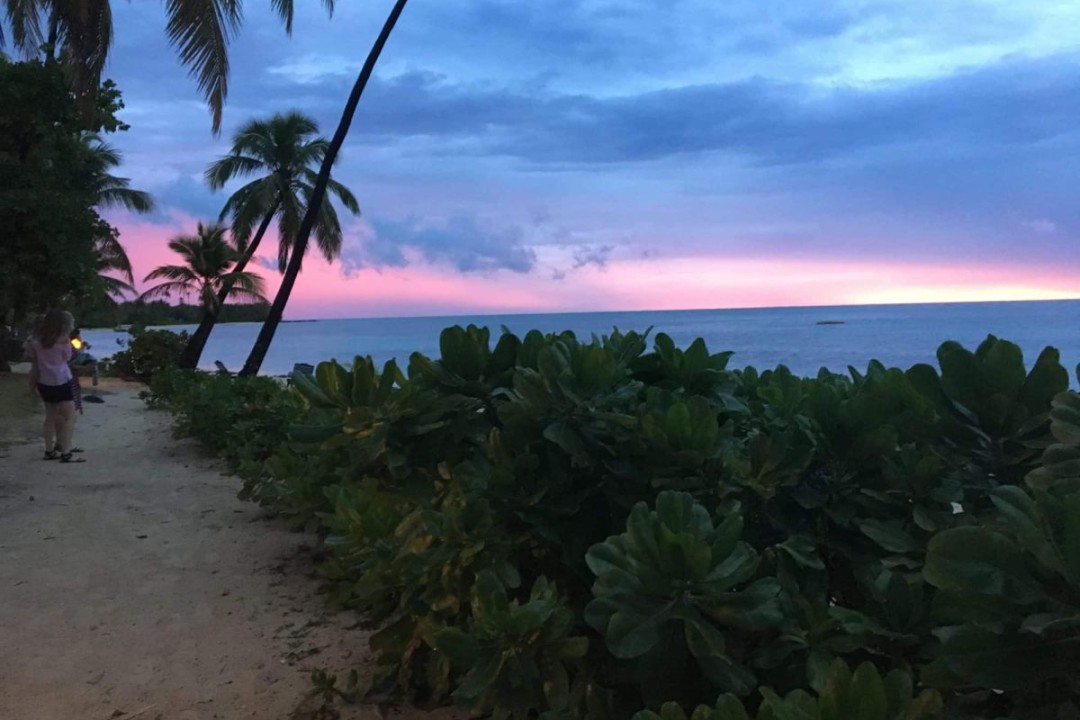Broken Angel
November 8th, 2017 Guest Posts 27 comments
This guest post comes from Suzy Morrison, the Consumer Project Lead at Matua Raki – one of the agencies that funds Living Sober.
============
I am in long term recovery from addiction and haven’t had a drink for 30 years, but I’ve never liked talking about my use of alcohol. I’ve always felt shame about it because my most cringe worthy moments were accompanied by alcohol. But lately I’ve been reflecting on my relationship with alcohol from a young age and its place in my life throughout the years.
I was adopted into a loving family, however I was an anxious child and always felt as if something was missing. I didn’t want anyone to know this about me so kept this hidden from others.
Alcohol was around in the family I grew up in but there were no dramas attached. It was all fairly benign and didn’t hold much interest for me. I’d had sips of my fathers’ beer and tried my mothers’ Pimm’s and ginger ale and got nothing. I did notice though when family and friends gathered at ours and drinks were poured, things got more fun as people laughed and chatted easily and songs were sung around the piano.
The first time I had a real drink, a whole one for me, was not so much because I wanted one. It was because I wanted to be seen as grown up by the guys I was with; sophisticated, able to drink and smoke cigarettes like the women I admired in the films I regularly saw. Someone poured one and handed it to me and I drank it. A lurid orange drink containing vodka. Well, for the first time in my life I didn’t feel anxious. When that alcohol landed in my system it lit up a part of my brain that felt like it had been primed and waiting for this very thing to arrive. I felt complete. At ease and connected to others for the first time in my life. A powerful imprint indeed.
I was 14 at the time.
I probably began drinking regularly when I was around 16 and socialising with people older than me. I felt out of my depth and the alcohol helped ease the way. When I was 17 and newly married, I moved to Fiji with my husband. It was in 1965 I think and vestiges of colonial rule still applied. There were still ‘ex pats’ mostly from the UK, living the high life in spacious houses set in palatial grounds with servants and so on and this group of people gathered on a daily basis at one or another of the houses to eat and drink. Really to drink. I’d read a fair amount of Somerset Maugham and Graham Greene and had gleaned how to behave in an environment such as I found myself in, and alcohol was key. I began drinking in earnest to keep up and soon experienced hangovers and my first blackout. I’d not heard anyone speak of a blackout so didn’t know what it was and I didn’t mention it to anyone. It was my secret.
A year or so later and having split from the husband I was back in New Zealand. I landed lost and lonely but luckily found a job and moved into a flat. There were 6 of us living in a roomy villa, others were daily drinkers so I felt quite at home. At work also there was a culture of long liquid lunches and ‘office drinks’ on Fridays. It all seemed so ‘normal’ and maybe it was. I, however, had a growing sense of disquiet about how reliant I was on alcohol to function socially. And of the regular hangovers which didn’t pass until I’d had my first drink of the day. I kept that all to myself and soothed the disquiet with more drinking.
Over the next couple of years I kept moving – Sydney, Darwin, Indonesia Malaysia, Thailand, India, England and back and forth. It was a time of excess and my daily drinking continued. I was also smoking dope and using other drugs by then, however, alcohol was still my primary.
I didn’t have an effing clue what I was doing or where I was going.
Woven throughout the drinking years were my attempts to reduce the harm by introducing various methods of management, by swapping brandy and soda for wine say, or telling myself this time I was only going to have two or three drinks, yet, once started, unable to stop; feeding my feelings of failure and shame and self-hatred. “What was wrong with me? Why couldn’t I stop once I’d started? Why couldn’t I work this one out?” Sadly, nothing I tried worked so I soldiered on.
I had always kept my concerns about my alcohol use to myself because I didn’t think I could function socially without it. The black outs increased though and it was always tricky attempting to piece together what had gone down the night before without revealing I had no recall. There were the times when I woke up in an unfamiliar room alongside someone I vaguely remembered from the bar the night before. And the times when I had drunken sex I didn’t want with someone else’s husband. And I drank through two pregnancies. Talk about shame…
As I write, I’m reminded once more of a line from Anne Lamott. “I was deteriorating faster than I could lower my standards.” These ten words encapsulate my experience like no other.
This drug that had initially been my friend and soothed the anxiety and connected me with others was having the opposite effect. It had long since stopped giving the illusion of freedom and connection. No longer bridging the gap. It was VERY confusing so naturally I used more, along with other drugs and it brought me to my knees. I began having panic attacks which could not be quelled with substances. Something had to give and in desperation I told on myself. I couldn’t do this on my own. I knew I needed help and unwillingly agreed to go to rehab.
At rehab I had a nightmare detox, and as the weeks went by my mind began clearing and I realised they were talking about abstinence which means not using alcohol and other drugs at all. What? None?? That came as a surprise because I thought if I had a break for the time I was there and learned to drink like other people I’d be sweet. Well turned out I wasn’t one of the people who can drink or use other drugs ‘normally’ because people who don’t have a problem don’t end up in a rehab. As I digested this information I opened to the idea they may well be right. It dawned on me it could perhaps be easier for me to have none than one. One was never enough anyway.
I like an easy way out so I surrendered.
That was in 1987 and I haven’t had a drink since and have had to learn new ways to live, to soothe anxiety and to identify and take tender care of the feelings as they come and go and to recognise shame for what it is and take care of that too. I do this with daily maintenance and the support of like-minded people and a 12 step programme. I am a regular meditator and begin each day by writing myself right.
Abstinence is an event. Recovery is a process. A creative process. An opportunity to create a meaningful and purposeful life one day at a time.
I’m amazed at the resilience I had through the years to keep drinking no matter what. As I look back I have compassion and kindness for me as the young woman flailing around on the inside and trying to work it all out for myself. It was a lonely place to be and shame was a constant companion. I led a double life, doing my best to present an easy friendly ‘together’ persona so others wouldn’t know of the pain I was in. Bloody hard to do when there are constant hangovers, blackouts, relationship and health issues. I just wanted to keep the heat off.
I don’t have a problem with alcohol and other drugs being around and other people using them. The problem is not the drugs, it’s my relationship with them. Most can use in a way that doesn’t cause harm. Not me though. I’m one of the 10 or 15% whose brain is affected in a particular way by substances which means its madness for me to attempt to just have one. One is too many and a thousand never enough.
I have a rich and full life today, enjoying functional relationships with my family and friends and work that I love and am good at. I am well. Sometimes I notice a twinge of grief. The loss of the idea of myself as someone who could have a celebratory glass of champagne on occasion, or perhaps a delicious Margherita served in a chilled salt rimmed glass. A moment later the grief dissolves and is replaced by relief and gratitude that I no longer depend on a mood-altering substance to provide me with an illusion of connection. I am enough. It took practice to learn to trust myself and pay attention to the results of changed behaviour.
I’ve been reading about Kintsugi (golden joinery), the Japanese art of repairing broken pottery with lacquer mixed with powdered gold thus becoming a thing of beauty. Transforming breakage into treasure. Recovery from addiction is like that.
Naturally I still live with anxiety and fears and the whole range of feelings. Its universal. I am not exempt. The gift of recovery is that I am no longer afraid of and fleeing from the feelings by using something outside of myself. I am able to be present to and can appreciate them as they arrive and depart. They are there to tell me something and are no longer in the driver’s seat.
There are many paths to recovery and they are all valid. A 12-step way and all that is on offer there is what works well for me. It gives me a template for living life on life’s terms and keeps me connected with like-minded others who remind me I’m okay, and that it’s not all about me anyway and to be of service to others. I listen to their stories of hope and I tell mine and I ask for help when I need it. I practice prayer and meditation as part of my morning routine and I make a decision not to pick up the first one no matter what. And at night, I say thank you. Who knew it was that simple?
May we be well.
May we be happy.
May we live with ease.
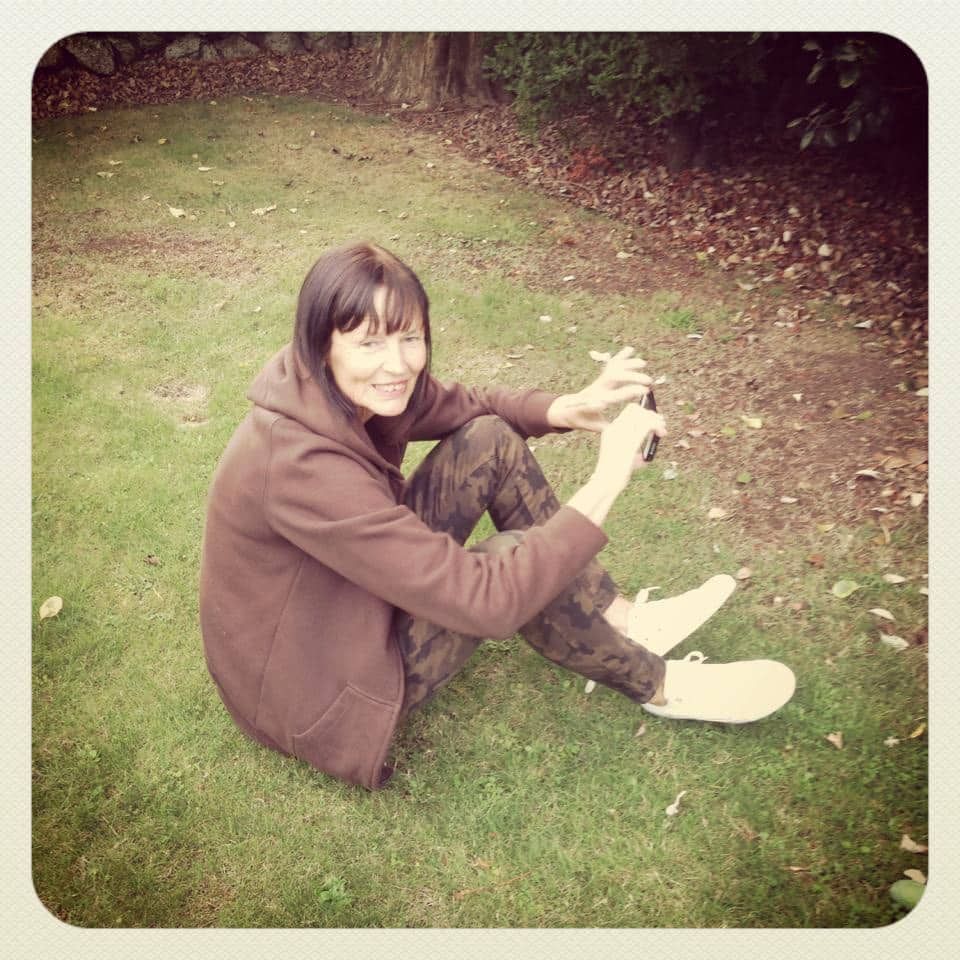
Continue reading
Turmeric and Ginger Latte
This is delicious – healthy, and warming for these cold winter mornings we’re experiencing in New Zealand right now.
August 2, 2019 – 2 comments
